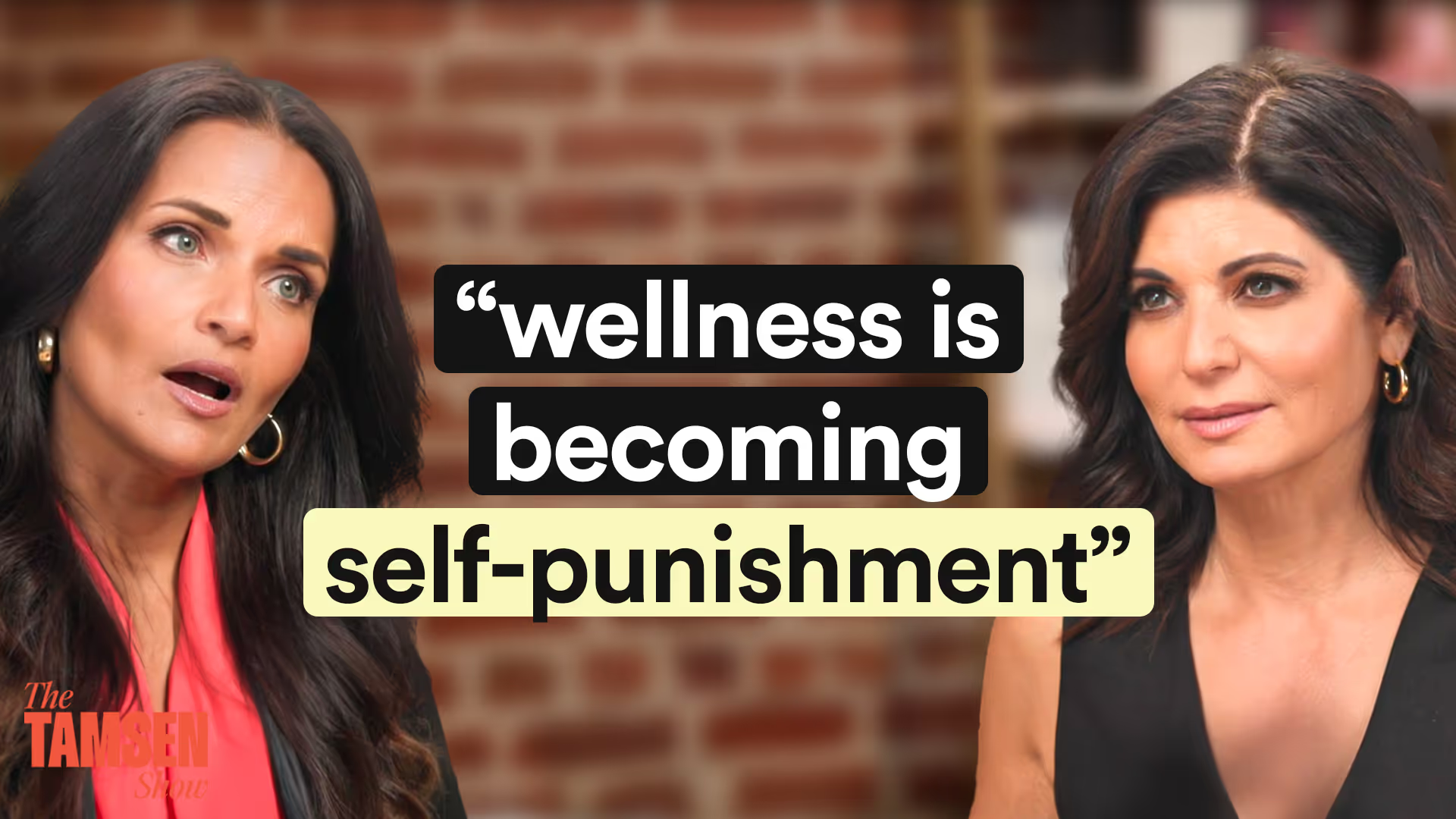You’re lying in bed, tossing and turning, unable to get a good night's sleep. Sound familiar? For many women going through menopause, sleep problems are a significant challenge. Difficulty falling asleep, staying asleep, or waking up too early can leave you feeling exhausted and frustrated. Night sweats, hot flashes, and hormonal changes are often the culprits behind these sleep disturbances. The constant fluctuations in estrogen and progesterone levels can disrupt your sleep cycle, leading to frequent awakenings and poor-quality sleep. These issues can have a huge impact on your overall health, mood, and daily functioning.
Let’s explore why these sleep problems occur and how you can find relief to get the restful sleep you deserve. By understanding the root causes and implementing effective strategies, you can improve your sleep quality during this transitional phase.
What Are Sleep Problems During Menopause?
Sleep problems during menopause can manifest in various ways, including difficulty falling asleep, staying asleep, or waking up too early. The primary causes include night sweats and hot flashes, which can disrupt your sleep cycle and cause frequent awakenings. Additionally, anxiety and mood swings associated with menopause can further exacerbate these sleep issues, making it even harder to get a good night's rest.
What Causes Sleep Problems During Menopause?
As women age, their estrogen levels naturally fluctuate and eventually decline. Estrogen helps regulate many bodily functions, including sleep. The decline in estrogen during menopause can lead to night sweats and hot flashes, which significantly disrupt sleep. Other contributing factors include:
- Hormonal Changes: Fluctuations in estrogen and progesterone can directly impact your sleep quality.
- Night Sweats: Sudden intense heat can wake you up multiple times a night.
- Anxiety and Mood Swings: Emotional stress can keep your mind active, preventing restful sleep.
How can I get better sleep in perimenopause and menopause?
If you’re going through menopause, you know just how frustrating sleep problems can be. One minute you're sleeping soundly, and the next, you're wide awake! But don’t worry, there are plenty of ways to improve your sleep quality and find relief.
Create a sleep-friendly bedroom
To create a sleep-friendly bedroom, keep your room cool and well-ventilated by using fans or air conditioning, and opt for breathable bedding materials like cooling sheets. Investing in a comfortable mattress and pillows is crucial to support restful sleep; it might take some trial and error, but finding the right pillows can significantly improve your sleep quality.
Stick to a sleep routine
Sticking to a consistent sleep routine is essential. Go to bed and wake up at the same time every day, even on weekends, to regulate your body’s internal clock. Tools like the Oura ring can help remind you to start unwinding for bed.
Develop a calming pre-sleep routine such as reading, taking a warm bath, or practicing relaxation techniques like deep breathing or meditation to signal your body that it’s time to sleep.
Watch what you eat and drink
Watching what you eat and drink can significantly impact your sleep. Limit your intake of caffeine and alcohol, especially in the hours leading up to bedtime, as they can interfere with sleep quality. Hydrate wisely by drinking plenty of water throughout the day but try to limit fluids close to bedtime to avoid nighttime bathroom trips.
Working out
Regular exercise promotes better sleep, so aim for at least 30 minutes of moderate exercise most days of the week. However, avoid working out too close to bedtime as it may interfere with your ability to fall asleep.
Stress and anxiety management
Managing stress and anxiety is vital for improving sleep. Incorporate stress-reducing practices such as yoga, meditation, or deep breathing exercises into your daily routine to help calm your mind before bed. Mindfulness meditation, in particular, can help reduce anxiety and promote relaxation, making it easier to fall and stay asleep.
Medical interventions
Medical interventions can be helpful in managing sleep disturbances. Hormone Replacement Therapy (HRT) can alleviate night sweats and hot flashes, improving sleep quality. Discuss the benefits and risks with your healthcare provider. In some cases, sleep medications may be prescribed or over-the-counter sleep aids recommended, but these should be used under medical supervision and typically for short-term relief.
Alternative therapies
Alternative therapies like herbal supplements and acupuncture can also aid in improving sleep quality. Some women find relief with herbal supplements such as valerian root or melatonin, but it’s essential to consult with your doctor before starting any new supplement. Acupuncture, a traditional Chinese medicine technique, may help improve sleep quality by promoting relaxation and reducing stress.
Behavioral strategies
Behavioral strategies like Cognitive Behavioral Therapy for Insomnia (CBT-I) are highly effective for managing chronic insomnia. This structured program helps identify and change thoughts and behaviors that negatively affect sleep.
Want to learn more? Check out my interview with Dr. Shelby Harris on this!
Monitor symptoms
Monitoring your sleep patterns can help identify factors affecting your sleep. Keep a sleep diary to track the quality and duration of your sleep, noting any variables that might be influencing it. This information can assist you and your doctor in developing a more effective treatment plan.
Sleep problems during menopause can be incredibly frustrating, but there are many strategies to help improve sleep quality and your overall well-being. Creating a sleep-friendly environment and establishing a consistent sleep routine are foundational steps. Managing stress through relaxation techniques, regular exercise, and a balanced diet can also make a significant difference. You can also look into medical treatments, such as hormone replacement therapy, and alternative therapies like acupuncture or herbal supplements for additional relief.
It's essential to consult with your healthcare provider to develop a personalized plan that suits your specific needs and health profile. With the right approach, you can effectively manage sleep disturbances and enjoy more restful nights.
Additional Resources:
Secrets To Thrive In Menopause: Download this free guide to learn my top secrets to thrive in menopause.
Menopause Symptom Tracker: Track your symptoms and get connected to physicians and organizations that can help you!
The information contained on this website is intended for informational and educational purposes only. It is not intended to be a substitute for the advice of an appropriately qualified and licensed physician or other healthcare provider.


.jpg)
.jpg)







